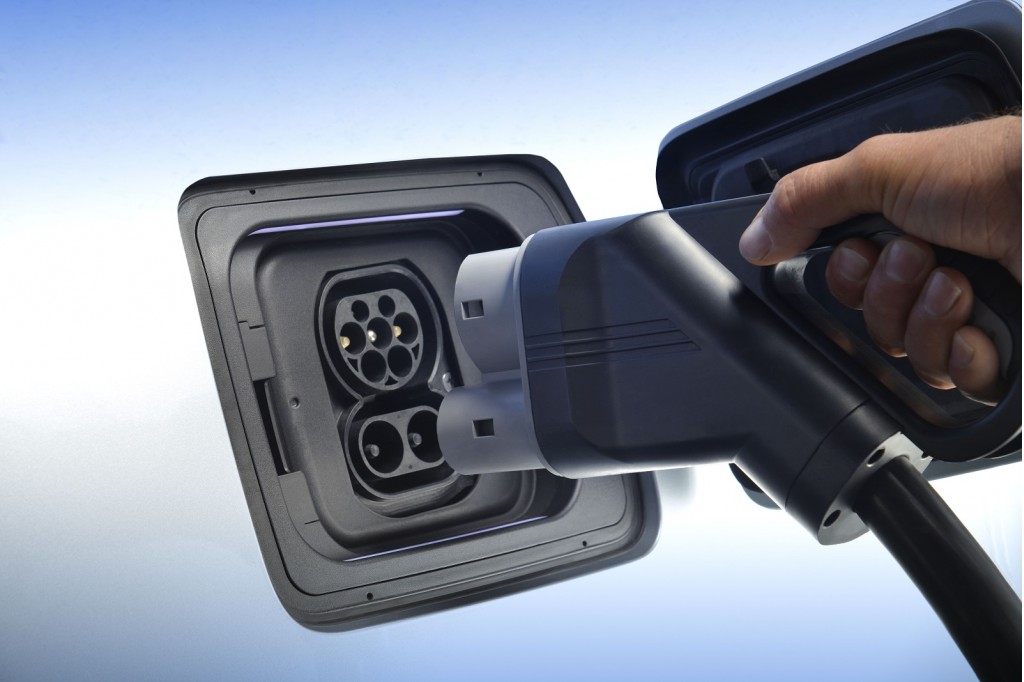Nissan’s Free EV Charging to Rival Tesla’s Supercharging Network?
- 01/06/2015
- Transport
- Posted by Tessa Romarez
- 3 Comments
Driving a Nissan Leaf already saves the drivers on gas costs (which lets admit can be very unstable at the best of times), but now said drivers will also benefit and save from Nissan’s “No Charge to Charge” project.
This will allow consumers of such electric vehicles to not worry about paying for the electrons that power up their Leaf while on the road. The project is being expanded from close to ten U.S Markets to more than 25 by June 2015. The possibility to expand further us always there too.
New Leaf purchasers may join the program and receive two years free EV charging at any participating station, which many also offer quicker DC charging options.
“The popularity of ‘No Charge to Charge’ since our April 2014 announcement shows that public charging spurs range confidence and additional LEAF sales,” Brendan Jones, director of Nissan electric vehicle sales and infrastructure, said in a statement.
The fact remains that even though most drivers wouldn’t use a full charge on the electric cars each and every day, just the fact that such options are available to the public with ease of access is an important factor which will help a client decide on whether to purchase an electric vehicle or not.
A 2013 study revealed that public charging is one of the least frequent types of charging around, even though drivers wish for more of such options if they were to buy an EV.
Nissan free EV charging is available in the following cities; San Francisco, Sacramento, San Diego, Seattle, Portland, Nashville, Phoenix, Dallas-Ft. Worth, Houston and Washington, D.C. as of early 2014, and will be expanding to more than fifteen new markets within 2014/2015, though specific cities and locations are yet to be announced.
Drivers of the Leaf are given an EZ-Charge card, providing the necessary access to Blink, CarCharging, AeroVironment, ChargePoint and NRG eVgo public chargers, as well as chargers at Nissan dealerships. The project also helps to leverage Recargo’s PlugShare app where clients can locate the chargers included within the project itself.
Not all of the chargers within the network are taking part of the No Charge to Charge initiative. ChargePoint stations are such, whereby they can be utilised and paid for using the EZ-Charge card, but they are not part of the project. The free program also has a limit, which allows for up to 30 minutes at a fast charging station and 60 minutes at a Level 2 type station.
Recargo has provided information through the PlugShare app about the type and quality of the chargers as well as simplifying the complexity of the pricing system which can vary widely. Some places have costs that vary with others concerning the fees of charging once the free time run out, while some charge per kilowatt/hour and others on a per-session basis. Nissan does have plans to standardise this pricing structure in the near future.
“The more complexity we reduce, the more sales we get,” Jones told AutoblogGreen.
With the demand of faster and quicker stations, Nissan plans to install 500 fast chargers at their dealerships and partner sites. This network of 500 fast chargers seem to be the closest competitor to Tesla’s Supercharger network, which aims for 200 quick charging stations during 2015. CleanTechnica has also reported that there are talks between both companies with regard to sharing Tesla’s supercharging technology.
As stated by Nissan: “Nissan is committed to developing charging infrastructure readily available to EV drivers and is working with numerous partners across the world to do so. We welcome others joining in the effort as we believe universally compatible charging will further accelerate EV adoption.”

